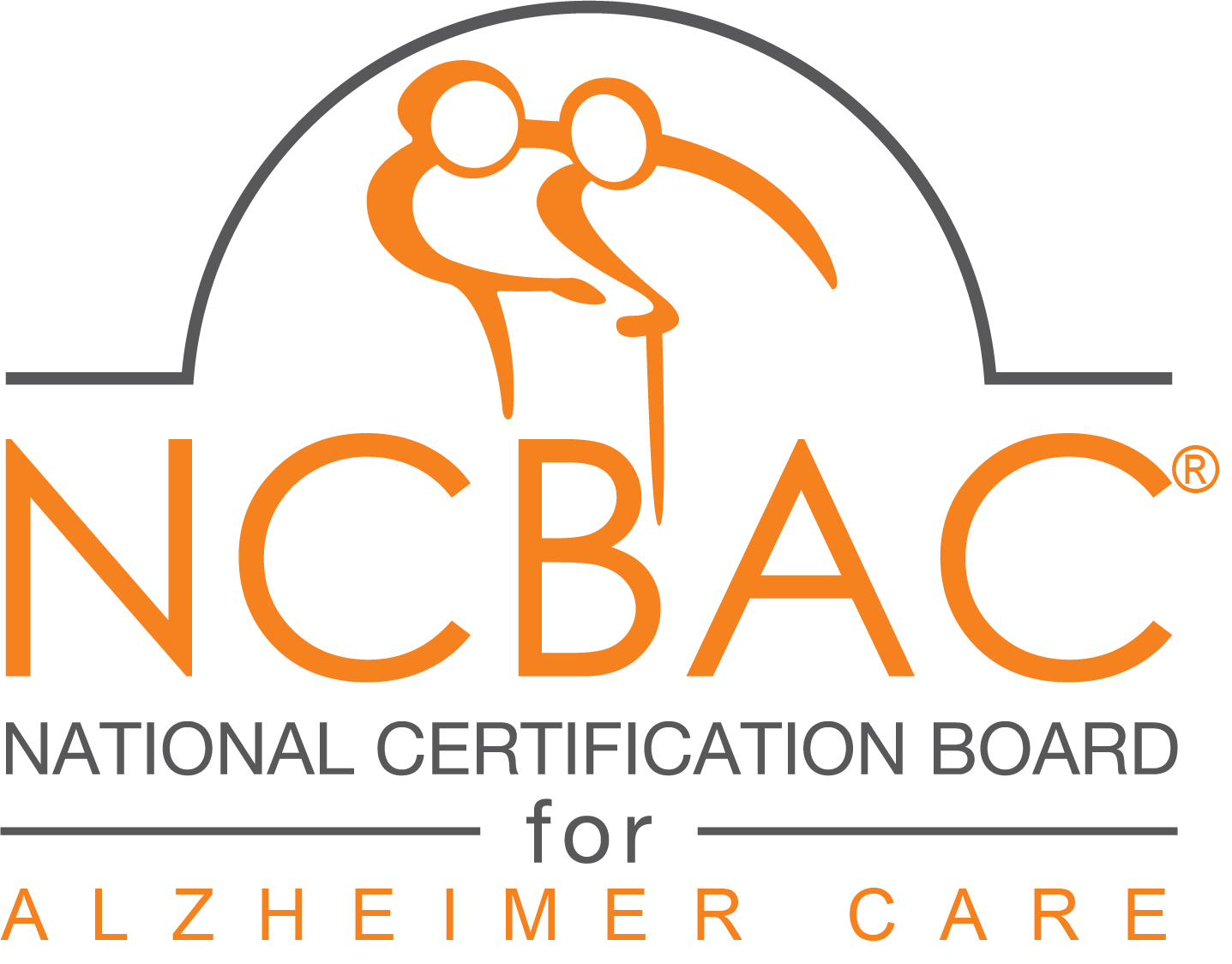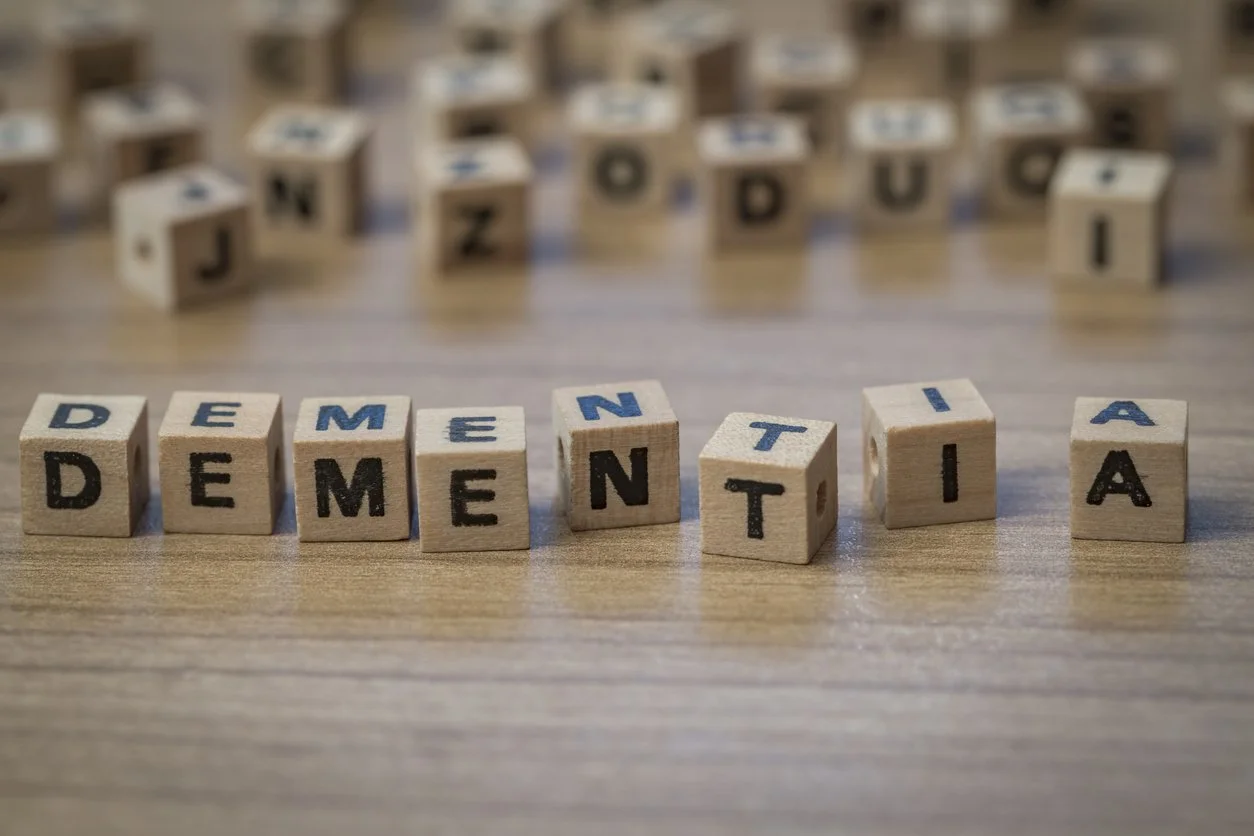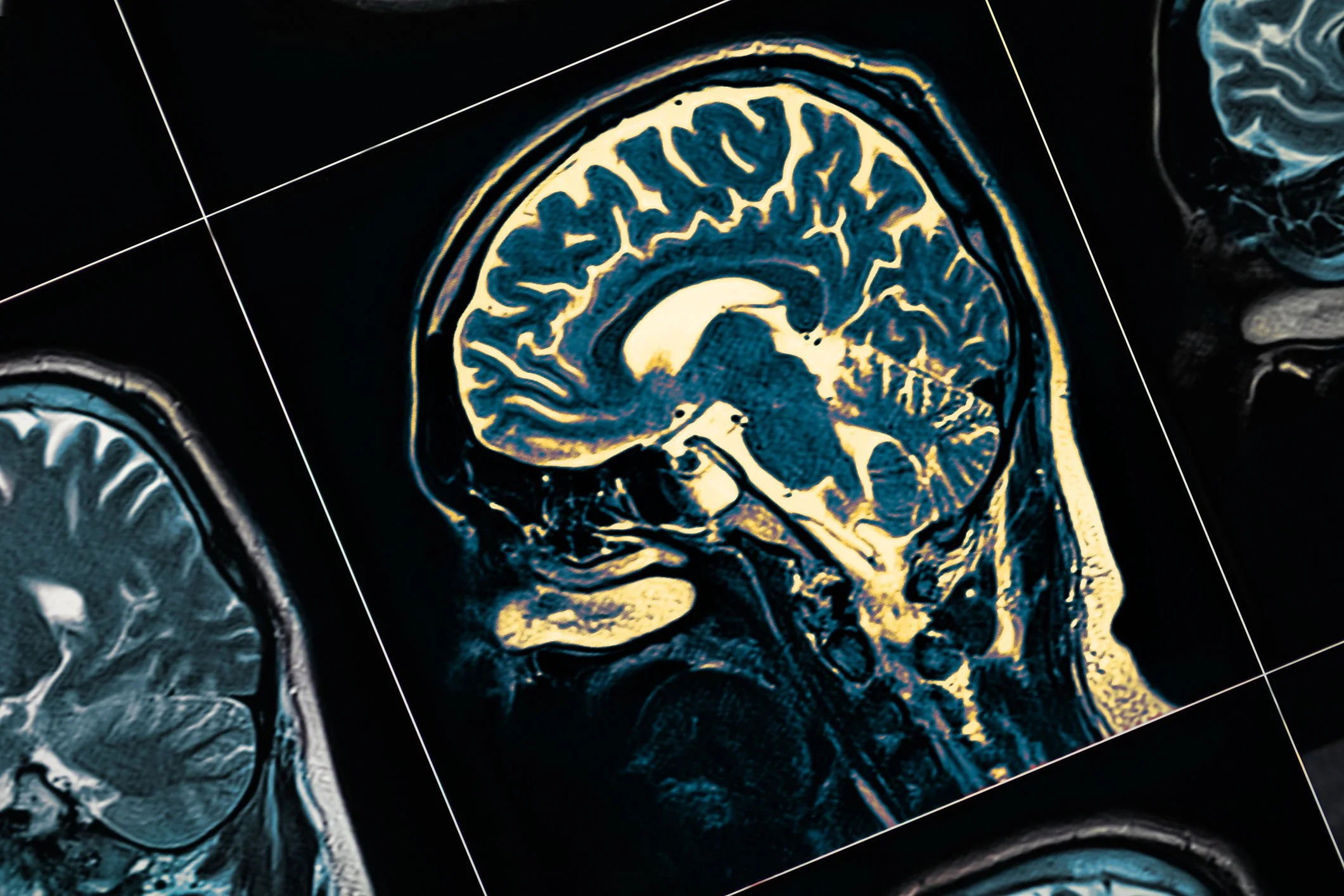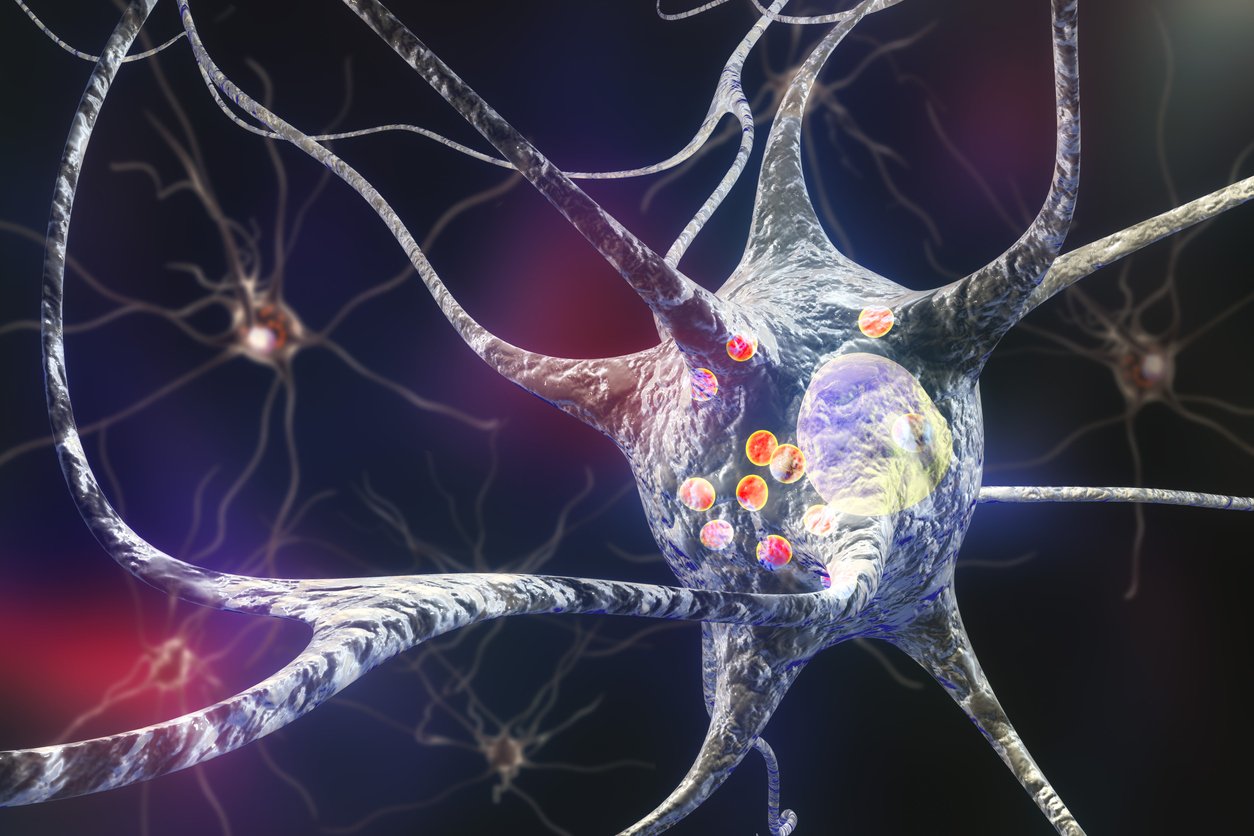Welcome to the October newsletter!
Hospice Myths:5 Common Misunderstandings
One of the biggest hospice myths is that it’s only for people who are expected to pass away in days or weeks.
Common misunderstandings like this can discourage people from learning more about services that could improve quality of life for seniors and families.
9 Top Questions about palliative care vs hospice care
These two services are often confused, so it’s important to understand the key differences and benefits of palliative care vs. hospice care.
Depending on their health conditions, one or both of these services could significantly improve your older adult’s quality of life.
Hospice isn’t a Death Sentence: Get the Facts
The biggest myth around hospice care is that it means giving up on your older adult.
Many people think that hospice care is only for people who are expected to pass away within days or weeks.
That’s not true.






























































